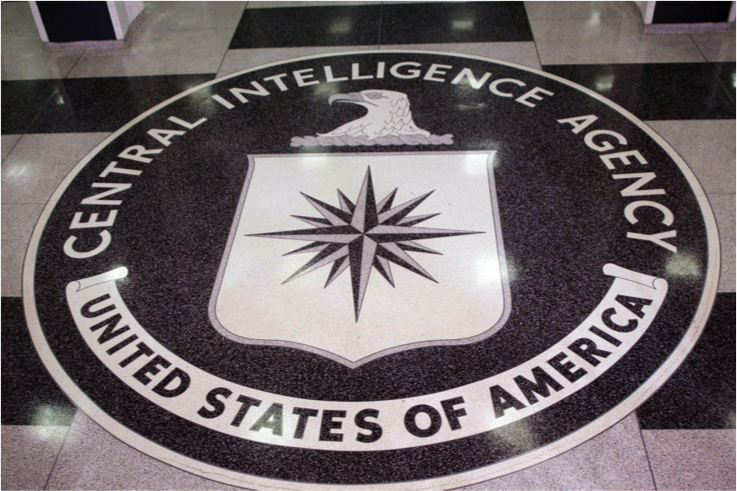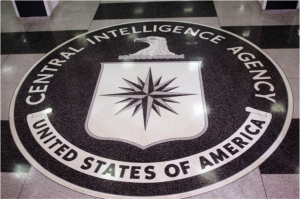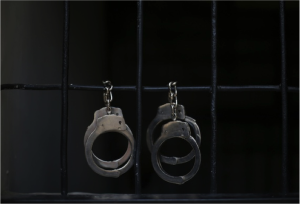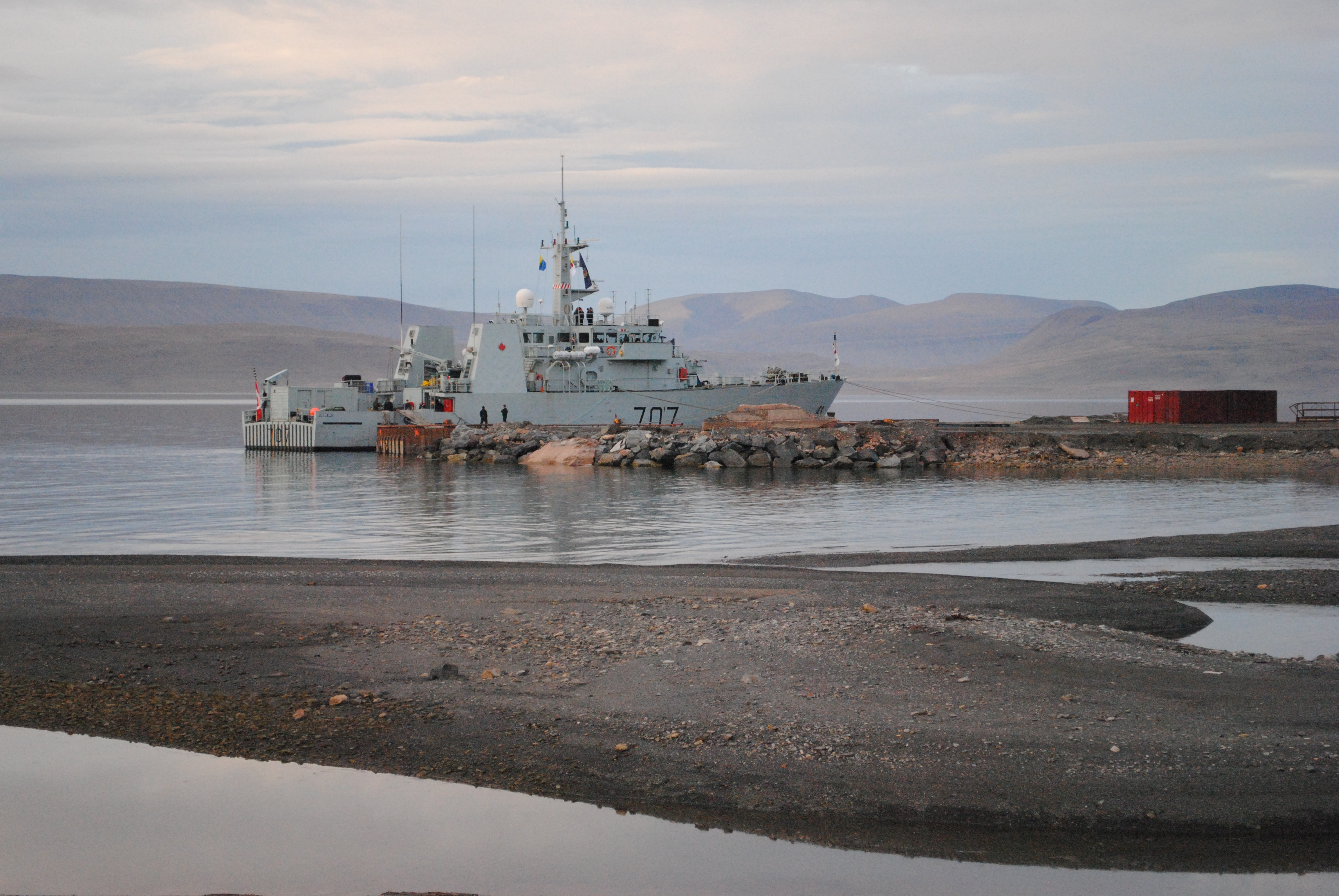On December 9, the United States Senate Intelligence Committee released a scathing report on “enhanced interrogation tactics” used by the Central Intelligence Agency (CIA) on terror suspects between 2002 and 2009 as a response to the 9/11 attacks. According to the report, of which only the first 500 pages have been declassified, CIA engaged in “brutal” tactics, such as sleep deprivation and waterboarding, to obtain intelligence, which was often unreliable. Additionally, it was found that the Agency deliberately misled the White House, Congress, the Justice Department, and the public about the torture program, which was ineffective and more brutal than the Agency disclosed.
The findings received mixed reactions from around the world and many state leaders expressed concern over the US government’s apparent ignorance of the matter. Many US news outlets presented CIA actions as an antithesis of “American” character and “national” values; a Washington Post editorial stated, “This is not how Americans should behave. Ever.”
John O. Brennan, Director of the CIA, admitted the Agency’s shortcomings and said it has learned from its mistakes. He admitted that the CIA was not ready for the international scope of the detention program and the sheer volume of detainees it had to deal with. He also pointed out that the intelligence committee’s characterization of the program as useless is not true as it has helped to produce intelligence used to prevent attacks and capture terrorists. Former CIA directors George J. Tenet and Porter J. Gross called the report a “partisan attack” and “poorly done.” They said it failed to recognize how important the program has been in saving lives.
However, in other parts of the world, particularly in the Middle East, the report did not come as news because the abuse of suspected terrorists at the hands of the CIA has been well documented. In that part of the world, instances of horrible abuses of human rights are often presented as examples of the hypocrisy of the “war on terror.” According to Rizwaan Sabir, a counterterrorism specialist at the Edge Hill University in the UK, “The use of torture is an exercise in terror. So it’s terror in the name of fighting terror […]”
Similar reactions to the reports came from Russia, which itself has been accused by the international community, including the United States and the United Nations, of widespread human rights abuses. Tensions have been especially high between Russian and the US over human rights issues. For example, in 2010, US adopted the Magnitsky Act, a law aimed at punishing Russian officials who had allegedly violated human rights. Although these individuals may not have been convicted of any crime, they are barred from entering the United States and from processing any real estate, property, or financial assets in the country.
In an ironic turn of events, on Wednesday, the Russian government posted a statement on the website of the Foreign Ministry denouncing CIA actions as “gross, systemic human rights violations by the American authorities” and demanded that all those responsible be brought to justice. The state also called for an investigation into the role of other governments, which may have allowed CIA secret prisons to operate on their soil.
For its part, the Canadian government fully denied having any role in the interrogations. Despite the fact that the Canadian Security Intelligence Service (CSIS) has a very close relationship with its American counterpart, Prime Minister Stephen Harper, speaking in the House of Commons on Tuesday, stated that, “This is a report of the United States Senate. It has nothing to do whatsoever with the government of Canada.” As well, the office of the Public Safety Minister Stephen Blaney released a statement according to which, “Our government does not condone the use of torture, and certainly does not engage in it.”
However, several expertspoint out that considering the closeness of the relationship between CSIS and CIA, there is little chance that Canadian agents did not know about the interrogation technics used in the US. They may not have had a physical role in implementing the tactics, but they certainly shared the intelligence collected through these methods. Experts question Prime Minister Harper’s dismissive tone considering the close working relationship between the two agencies. Despite the fact that Canadian agents were likely not involved in carrying out the torture, the fact that Canada’s intelligence service is much weaker than the CIA, and thus reliant on it for intelligence, makes it suspect that CSIS had no previous knowledge of American interrogation practices.






